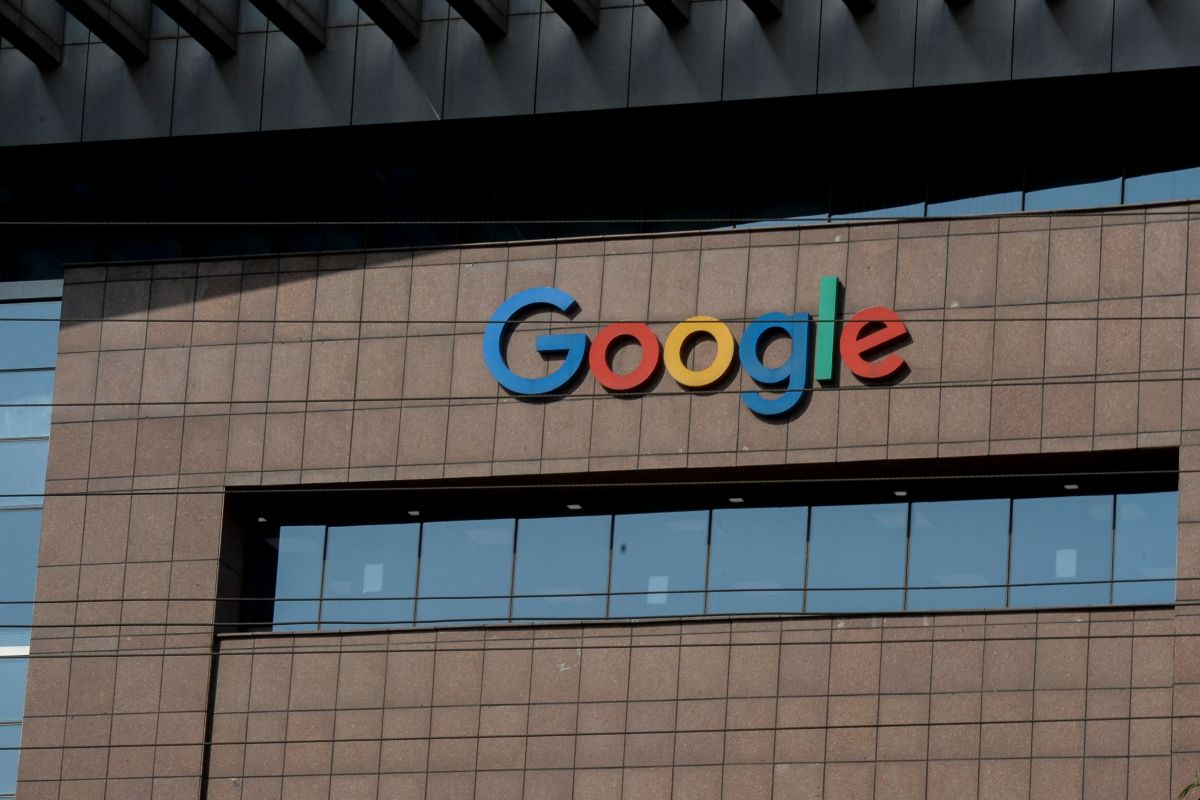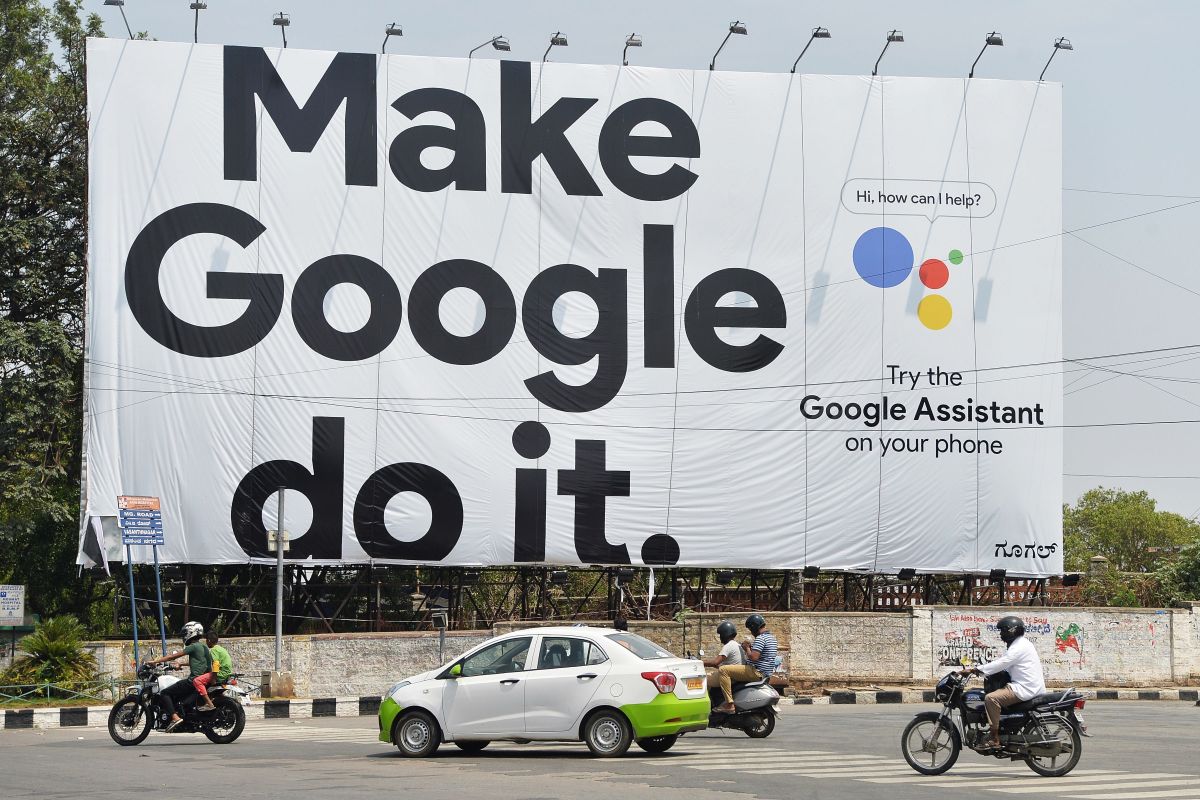Google hit with $113 million fine in India for anti-competitive practices with Play Store policies • ZebethMedia
India’s antitrust watchdog has hit Google with $113 million fine for abusing the dominant position of its app store, the second such penalty on the Android-maker in just as many weeks in the key overseas market. The Competition Commission of India, which opened the investigation in late 2020, said mandating developers to use Google’s own billing system for paid apps and in-app purchases through Play Store “constitutes an imposition of unfair condition” and thus violates provisions of the nation’s Section 4(2)(a)(i) of the Act. The investigation also found: Google is found to be following discriminatory practices by not using GPBS for its own applications i.e., YouTube. This also amount to imposition of discriminatory conditions as well as pricing as YouTube is not paying the service fee as being imposed on other apps covered in the GPBS requirements. Thus, Google is found to be in violation of Section 4(2)(a)(i) and 4(2)(a)(ii) of the Act. Mandatory imposition of GPBS disturbs innovation incentives and the ability of both the payment processors as well as app developers to undertake technical development and innovate and thus, tantamount to limiting technical development in the market for in-app payment processing services. in violation of the provisions of the Act. Thus, Google is found to be in violation of the provisions of Section 4(2)(b)(ii) of the Act. Mandatory imposition of GPBS by Google, also results in denial of market access for payment aggregators as well as app developers, in violation of the provisions of Section 4(2)(c) of the Act. The practices followed by Google results in leveraging its dominance in market for licensable mobile OS and app stores for Android OS, to protect its position in the downstream markets, in violation of the provisions of Section 4(2)(e) of the Act. Different methodologies used by Google to integrate, its own UPI app vis-à-vis other rival UPI apps, with the Play Store results in violation of Sections 4(2)(a)(ii), 4(2)(c) and 4(2)(e) of the Act. India is Google’s largest market by users. The company has poured billions of dollars in the South Asian market over the past decade as it aggressively searched to find major untapped regions worldwide to supercharge its growth. The company reaches nearly all of India’s 600 million internet users. Android commands 97% of the local smartphone market. Google has pledged to invest $10 billion in India over the coming years. It has already invested up to $5.5 billion in the local telecom giants Jio Platforms and Airtel. On Thursday, the competition regulator fined Google $161.9 million for anti-competitive practices related to Android mobile devices and made a series of stringent redressal measures. The watchdog was investigating whether Google had assumed dominant position in five different markets: licensable OS for smartphones, app store, web search services, non-OS specific mobile web browsers and online video hosting platform in India. Google was dominant in all of those relevant markets, the regulator concluded. The antitrust watchdog said that device manufacturers should not be forced to install Google’s bouquet of apps and the search giant should not deny access to its Play Services APIs and monetary and other incentives to vendors. Amazon told the regulator that over half a dozen hardware vendors had indicated that they could not enter into a TV manufacturing relationship with the e-commerce group over fear of retaliation from Google. (More to follow)


